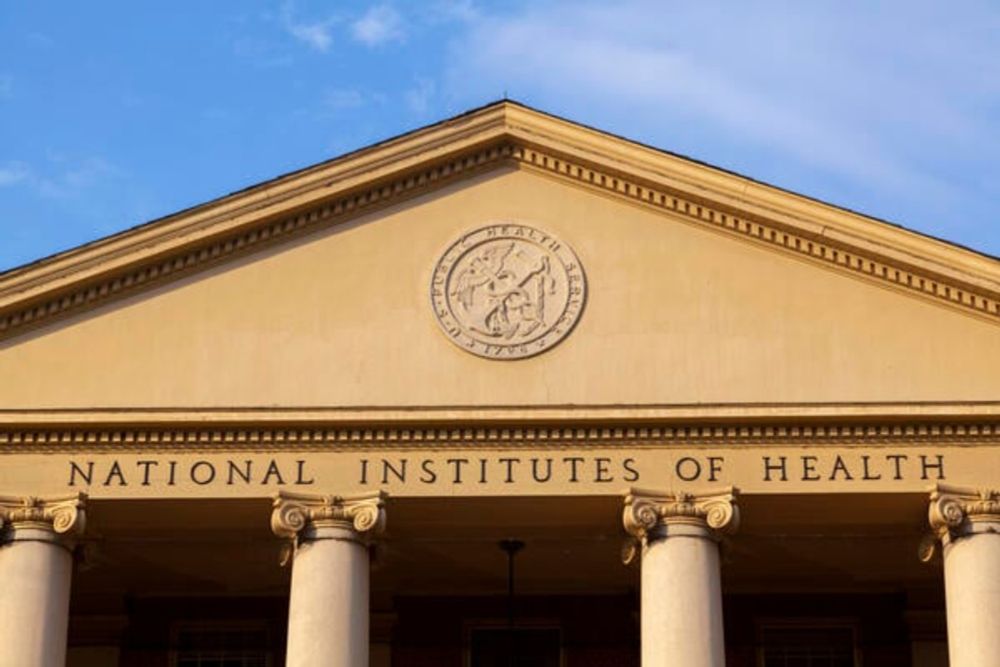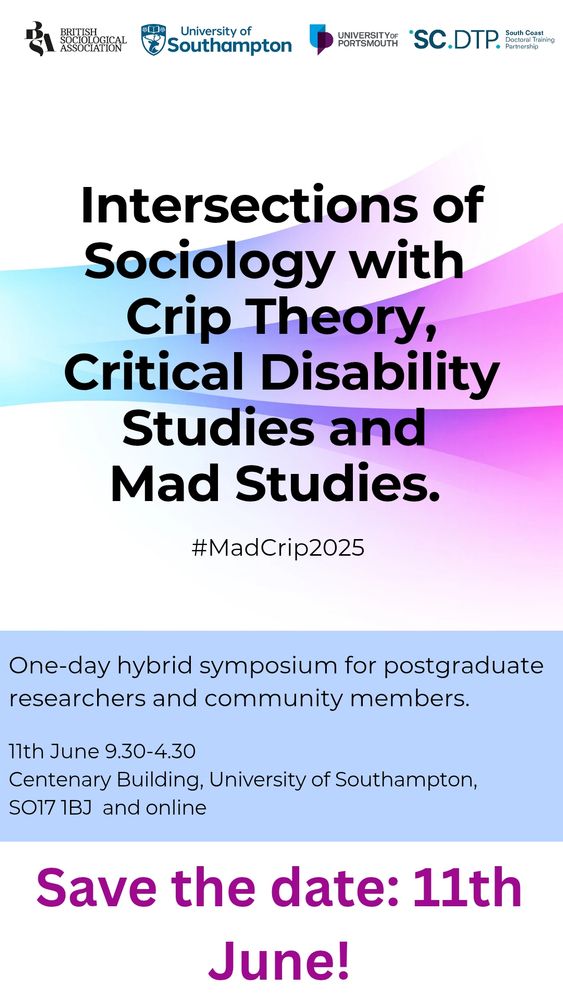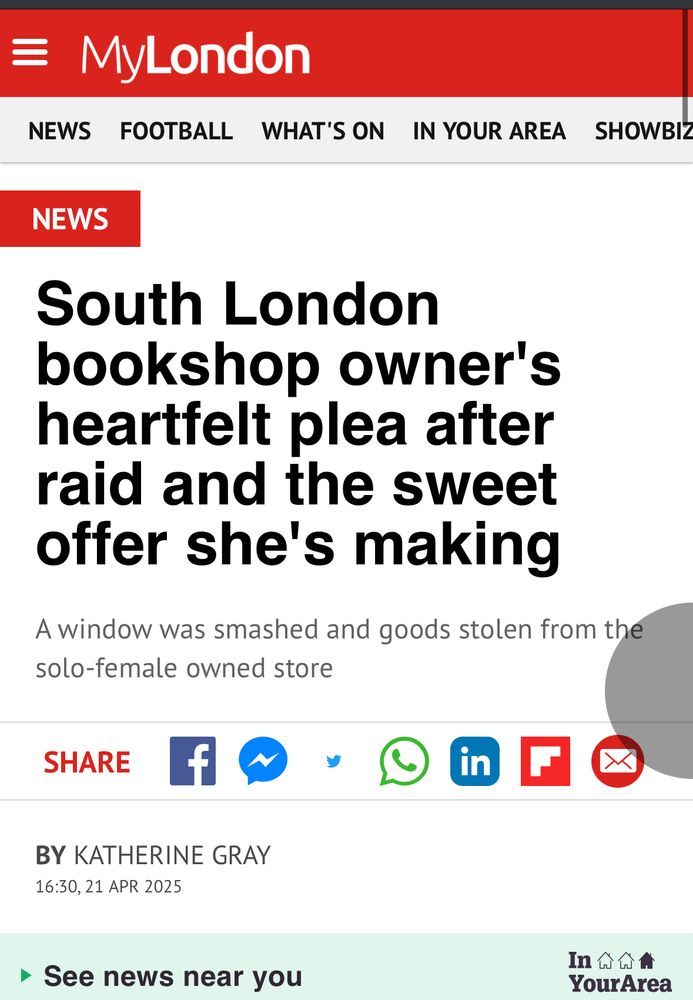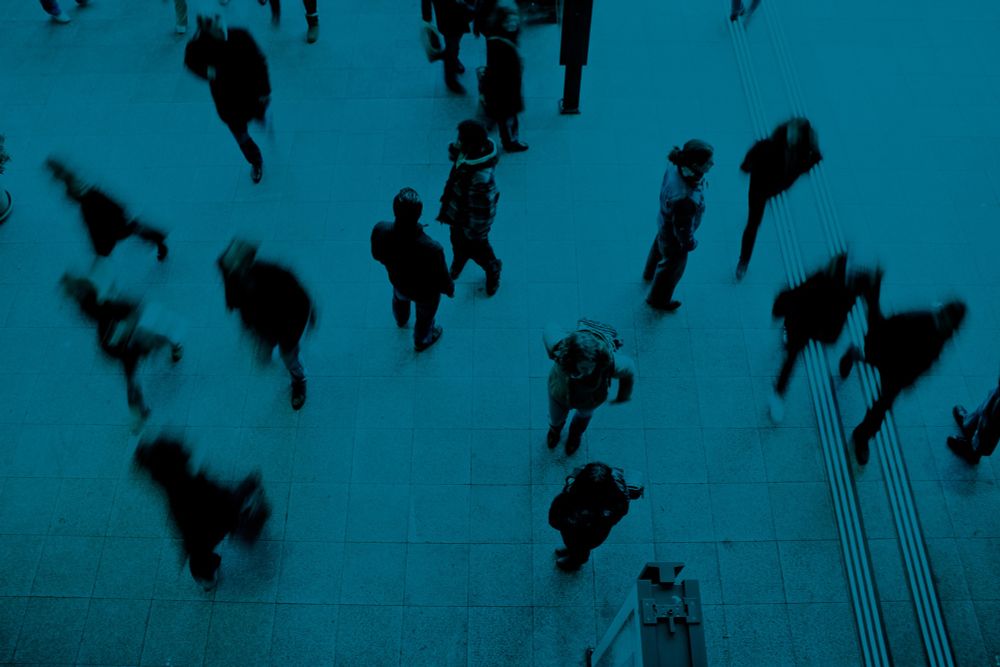Maria Berghs
@mariaberghs.bsky.social
45 followers
54 following
13 posts
Associate Professor, Director of TASC Unit https://tascunit.com/ and drinker of too much coffee. Sickle cell, thalassaemia, medical sociology, medical anthropology, disability studies and chronic illness.
Posts
Media
Videos
Starter Packs
Reposted by Maria Berghs
The Guardian
@theguardian.com
· Jun 26

UK schools and offices not equipped for impact of global heating, report warns
Exclusive: UK Green Building Council calls for adaptation of millions of buildings and warns of flood threats to towns
The UK’s schools, care homes and offices are not equipped for the effects of global heating and face lengthy heatwaves even in optimistic scenarios, according to a groundbreaking report that calls for climate resilience to be declared a national emergency.
The report by the UK Green Building Council also predicts that towns including Peterborough and Fairbourne will be uninhabitable by the end of the century because of flooding.
The appointment of a minister for resilience within the Cabinet Office
A new legal objective to ensure all planning decisions deliver climate safety.
A more ambitious future homes standard to protect against increasing climate hazards – overheating, flooding and water scarcity.
A comprehensive retrofit strategy to make homes and buildings climate safe.
The protection of all communities with trees, parks and ponds. Continue reading...
www.theguardian.com
Reposted by Maria Berghs
Reposted by Maria Berghs
Reposted by Maria Berghs
Reposted by Maria Berghs
Reposted by Maria Berghs
Reposted by Maria Berghs
Maria Berghs
@mariaberghs.bsky.social
· Jun 11

Frontiers | Editorial: Voices from the frontline: the lived experiences of healthcare professionals in the workplace
Genova and Lombardi's commentary picks up on the idea of public health investments in General Practitioners (GPs) or family doctors as cornerstone of pri...
www.frontiersin.org
Reposted by Maria Berghs
Reposted by Maria Berghs
Reposted by Maria Berghs
Chris Uggen
@chrisuggen.bsky.social
· Apr 22

Herbert J. Gans, 97, Dies; Upended Myths on Urban and Suburban Life (Gift Article)
A leading sociologist, he explored American society up close — living in a Levittown at one point — to gain insight into issues of race, class, the media and even the Yankees.
www.nytimes.com
Reposted by Maria Berghs
Reposted by Maria Berghs
Maria Berghs
@mariaberghs.bsky.social
· Apr 22
Intersections of Ageing and Disability during the COVID-19 Pandemic
The sociology of ageing, disability, and health/illness are fields of research which have many crossovers, intersections and convergences, and these connections have been under-researched, which refle...
www.frontiersin.org
Reposted by Maria Berghs
Reposted by Maria Berghs
Reposted by Maria Berghs
Dr Dyi D. Huijg
@drdyidhuijg.bsky.social
· Mar 23
Reposted by Maria Berghs
Reposted by Maria Berghs



















